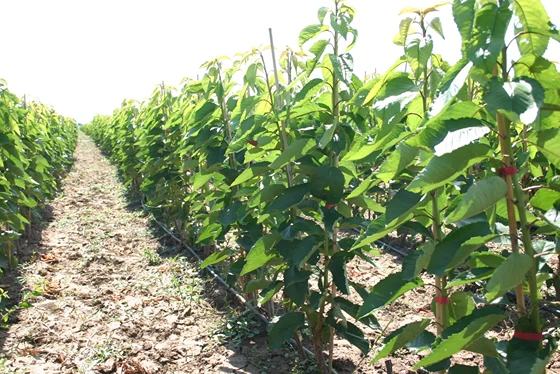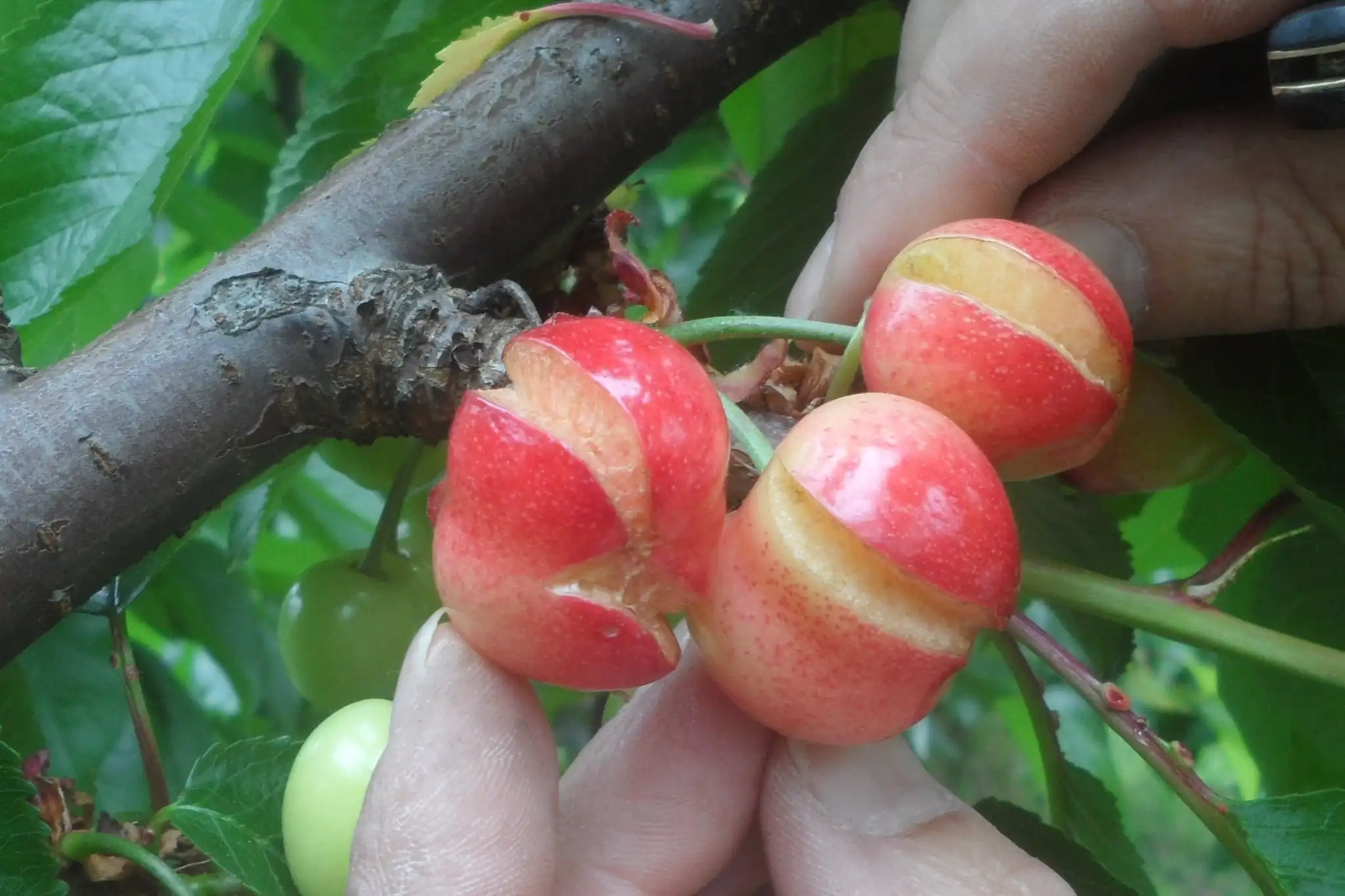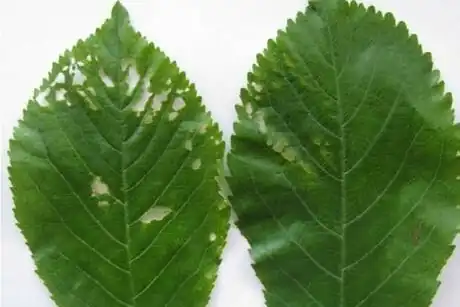The economic return on the planting costs of an orchard is significantly influenced by factors such as steady production, early fruit bearing and consistent yield. Planting orchards with young, well-branched plants is a prerequisite for obtaining the first harvests in a short time.
The problem, in many sweet cherry cultivars, is the strong apical dominance they show especially when young. The growth of lateral branches is in fact hindered by the apex of the growing shoot, thus hindering the lateral branching process. Nursery techniques include various methods to obtain branched shoots by both chemical and physical means, but these are generally inefficient and/or expensive.
The aim of the study conducted in the experimental area of the Faculty of Agriculture of Selçuk University (Turkey) was to evaluate the impact of different types of plastic mulch on soil temperature, both independently and in combination with promalin, in two commercial sweet cherry cultivars: 0900Z and Sweet Heart.
The investigation was conducted in a temperate climate, with an average temperature in the coldest months ranging from -3°C to +18°C and in the warmest months exceeding +10°C. Researchers have developed an index abbreviated as FSQI (Fruit Sapling Quality Index), which is suitable for the classification of the quality of the saplings.
The quality of certain fruit saplings can be accurately assessed by this new index, as previous research has also indicated. The application of promalin improved the sapling quality index as well as the quantity and length of lateral branches in both cultivars.

Compared to no mulching, plastic mulches increased almost all parameters, of which branching and biomass characteristics were significantly improved. This result is probably due to the increase in soil temperature, which was accentuated by mulching, improving several morphological traits of the plant.
On the one hand, mulching can be considered an ally when nursery production is carried out in areas with lower winter temperatures than the plants are adapted to. Under these conditions, applying a mulch cover between late winter and early spring helps to increase the soil temperature, with benefits on the growth of young plants.
If, on the other hand, the soil temperature is already appropriate for plant growth, the application of mulch covers could be detrimental.
Finally, during the summer, it is important to remove any applied mulch to avoid excessive soil warming. In conclusion, research has shown that sweet cherry plants can be branched effectively resulting in the production of high-quality nursery trees by increasing soil temperature in late winter and early spring. When this technique is combined with the application of promalin, the results are even better.
Source: Murat Şahin, Ahmet Eşitken, Mulch and promalin effects on sweet cherry branching and introduction of a new nursery tree quality index, Scientia Horticulturae, Volume 337, 2024, 113592, ISSN 0304-4238, https://doi.org/10.1016/j.scienta.2024.113592.
Images: SL Fruit Service
Melissa Venturi
University of Bologna (IT)
Cherry Times - All rights reserved











